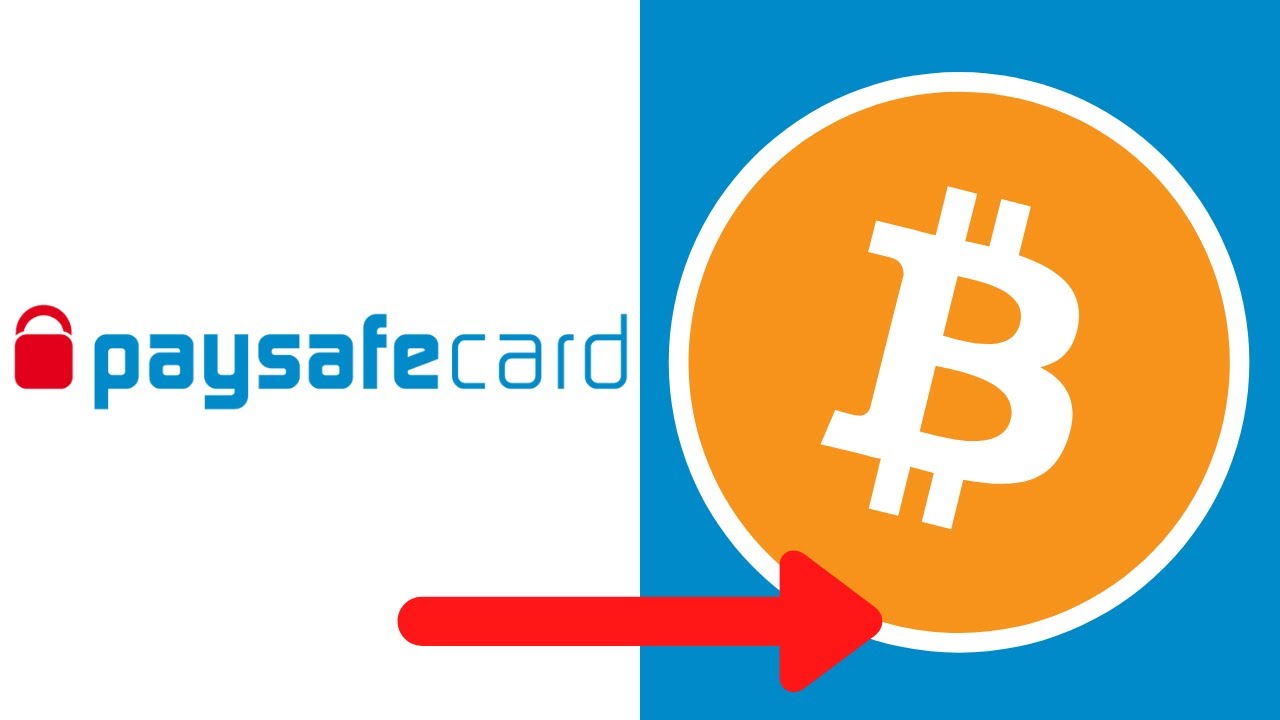The Rise of Crypto Banks
With the surging popularity of digital currencies, crypto banks are rapidly emerging as key players in the financial landscape.
These innovative institutions leverage blockchain technology and digital asset management expertise to provide a range of services, including cryptocurrency custody, trading, and lending.
Unlike traditional banks, crypto banks operate on a decentralized platform, reducing the risk of fraud and promoting transparency. They facilitate seamless transactions, enabling users to convert fiat currency into digital assets and vice versa.
As the demand for digital currency services continues to grow, crypto banks are poised to become essential gatekeepers in the global financial ecosystem.
Thank you for visiting Cryptomomen.com
Traditional Banking vs. Crypto Banks

The advent of crypto banks challenges traditional banking models, offering unique advantages and innovative solutions. Crypto banks leverage blockchain technology to facilitate secure, decentralized, and borderless financial transactions.
They enable access to digital currency, providing anonymous and fast cross-border payments, immune to inflation and government manipulation.
While traditional banks offer established infrastructure and regulatory compliance, crypto banks pioneer a cutting-edge ecosystem that empowers individuals with greater autonomy, transparency, and the potential for higher returns.
Benefits of Crypto Banks
Cryptocurrency banks, also known as digital currency banks, offer numerous advantages over traditional financial institutions.
They eliminate intermediaries, enabling faster and cheaper transactions.
Moreover, they enhance security with blockchain technology and provide transparency by recording all transactions on a public ledger.
What are the primary benefits of crypto banks? Lower transaction fees and greater transparency.
Decentralization and Security

Decentralization, a fundamental principle of blockchain technology, has revolutionized the financial landscape. Crypto banks, operating on decentralized platforms, eliminate single points of failure, enhancing security.
By distributing control across a network of computers, these institutions provide a secure and transparent environment for digital currency transactions.
Moreover, the absence of central authorities significantly reduces the risk of malicious attacks and unauthorized access.
Accessibility and Transparency
As the adoption of cryptocurrencies and digital banking services continues to surge, ensuring accessibility and transparency in these financial systems has become paramount.
Crypto banks, which provide digital asset management and banking services, must prioritize accessibility for all users, including those with disabilities. Through accessible interfaces, clear documentation, and personalized support, individuals can confidently engage with these services.
Furthermore, transparency is crucial in building trust and confidence in crypto banks. Disclosing financial data, implementing robust auditing mechanisms, and engaging in regular reporting to stakeholders enhances transparency and accountability.
By embracing these principles, crypto banks and digital currency providers can foster an inclusive and trustworthy financial ecosystem.
Reduced Fees

Reduced Fees for Crypto Banks and Digital Currency Transactions
- Crypto banks and digital currency exchanges have begun to offer reduced fees for their services.
- This is due to increasing competition in the market, as well as the falling costs of providing these services.
- As a result, consumers are now able to trade cryptocurrencies and other digital assets at lower costs.
Challenges of Crypto Banks
While the concept of crypto banks, institutions that facilitate digital currency transactions, presents the potential for a decentralized and secure financial system, it also comes with its own unique challenges.
One pivotal hurdle is regulatory uncertainty, as governments grapple with how to classify and oversee these entities.
The lack of clear regulatory frameworks creates a perception of risk for both institutions and consumers, hindering widespread adoption.
Additionally, the volatility of cryptocurrencies poses challenges in maintaining stable valuations and ensuring the safety of customer deposits.
Furthermore, the absence of FDIC or equivalent insurance protection for crypto assets exacerbates the risk profile for depositors.
Technological limitations, such as scalability and transaction processing speeds, can also hamper the efficiency of crypto banking operations.
Moreover, the anonymity and irreversibility of cryptocurrency transactions can facilitate illicit activities, raising concerns about compliance and financial crime prevention.
To address these challenges, crypto banks must collaborate with regulatory bodies to establish clear guidelines that foster innovation while protecting consumers, invest in robust security measures to safeguard customer assets, and actively engage in anti-money laundering and know-your-customer practices.
Regulatory Uncertainties

Regulatory uncertainties in digital banking, particularly with crypto banks and digital currencies, pose challenges for both institutions and consumers.
Crypto banks face scrutiny over their operations, compliance with anti-money laundering and know-your-customer regulations, and the security of their digital asset holdings.
Digital currencies, on the other hand, raise concerns about volatility, market manipulation, and potential systemic risks. These uncertainties hinder innovation, limit consumer adoption, and create confusion in the regulatory landscape.
FAQs:
- What are the key regulatory uncertainties for crypto banks?
- Compliance with AML/KYC regulations
- Security of digital asset holdings
- Operational oversight
- What are the main risks associated with digital currencies?
- Volatility
- Market manipulation
- Systemic risks
- How can regulatory clarity benefit the digital banking industry?
- Foster innovation
- Increase consumer confidence
- Enhance financial stability
Volatility of Cryptocurrencies
Cryptocurrencies, digital currencies stored on secure networks, have experienced significant volatility in recent years.
This volatility, often driven by speculation and market sentiment, can make cryptocurrency investments inherently risky.
Crypto banks have emerged to provide financial services to cryptocurrency users, offering secure storage, lending, and trading options.
However, as the cryptocurrency market matures, digital currency enthusiasts urge caution, emphasizing the need for prudent investment strategies and a thorough understanding of the underlying technology.
Scalability and Adoption
Crypto banks and digital currency adoption:
- Scalability is crucial for wider adoption of digital currency and the emergence of crypto banks.
- Banks must invest in infrastructure to handle increased transaction volume and maintain system stability.
- Regulatory clarity and collaboration are essential to foster trust and drive innovation.
Implementing these measures will not only enhance the user experience but also pave the way for the mass adoption of digital currency and the growth of crypto banks.
Hope it is useful
As the digital landscape continues to evolve, the convergence of banking and cryptocurrency is reshaping the future of finance.
Crypto banks offer a unique blend of traditional banking services with the transformative power of digital currencies, paving the way for decentralized and accessible financial solutions.
By embracing blockchain technology, crypto banks empower individuals with greater control over their assets, reduce transaction costs, and enhance financial inclusion.
As the industry matures, we can expect further advancements, innovative products, and regulatory frameworks that will shape the trajectory of digital finance.
Let’s stay tuned and embrace the exciting possibilities that lie ahead.
Don’t forget to share this insightful article with your friends and connections.
Thank you for reading, and until next time!



